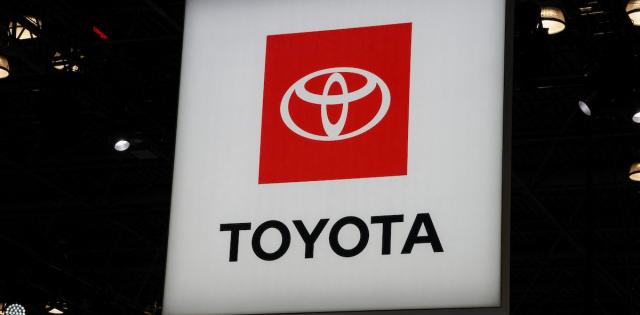The article below is sourced from Bloomberg Wire Service. The views and opinions expressed in this story are those of the Bloomberg Wire Service and do not necessarily reflect the official policy or position of NADA.
Toyota Motor Corp. said its global output hit a record for November, thanks in part to solid consumer demand, though it warned of an uncertain outlook due to a persistent shortage of semiconductors and spikes in Covid cases in China.
The world’s No. 1 automaker produced 833,104 vehicles last month, an increase of 1.5% from a year earlier. Global sales rose 2.9% to 796,484 units, the company said in a statement on Monday.
The output for vehicles reflects solid demand in areas such as North America, and a rebound from a year earlier when Covid infections in Southeast Asia disrupted supply chains. The auto industry is still dogged by shortages of chips and other car parts, while it will also face challenges stemming from the rapid spread of Covid cases across China.
Read more: China’s Economy Is Showing Increasing Strain From Covid Tsunami
In early November, Toyota cut its global production target for the fiscal year through March while sticking with a conservative profit outlook because of chip shortages.
Toyota’s domestic output for November declined 3.3% from a year earlier to 266,174 units, while overseas output was up 3.8% to 566,930 units, according to the statement.
Including vehicles assembled by subsidiaries Daihatsu Motor Co. and Hino Motors Ltd., output and sales totaled 982,552 units and 884,112 units, respectively.
Toyota shares edged up 0.3% in Tokyo, paring the decline this year 13%.
Separately, Nissan Motor Co. said global output declined 23% from a year earlier to 248,961 units in November, while sales slid 26%. Honda Motor Co.’s global production fell 12% to 325,996 units last month, the first year-on-year decline in six months.
For more stories like this, bookmark www.NADAheadlines.org as a favorite in the browser of your choice and subscribe to our newsletter here:













